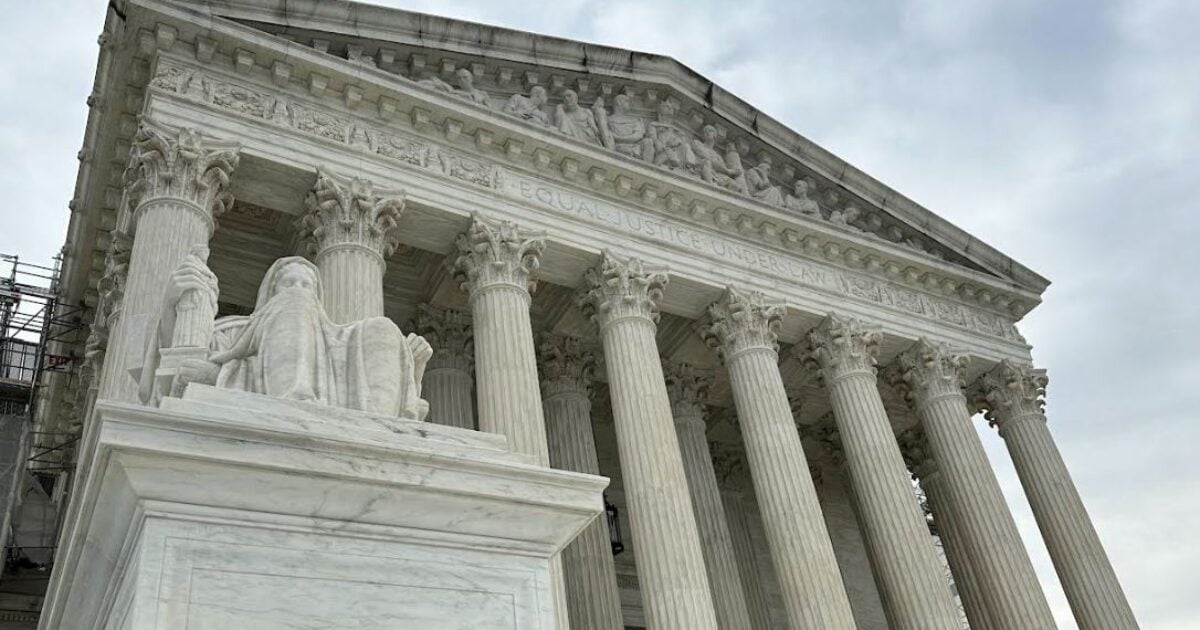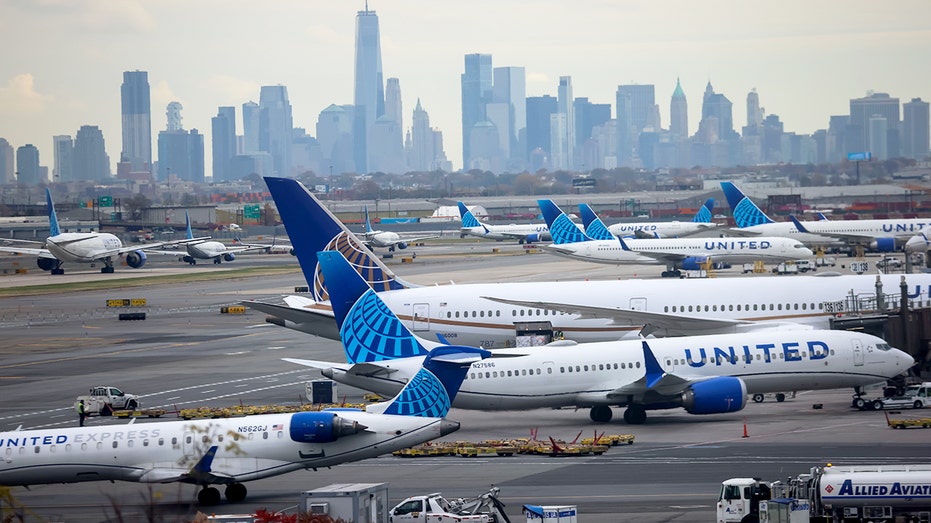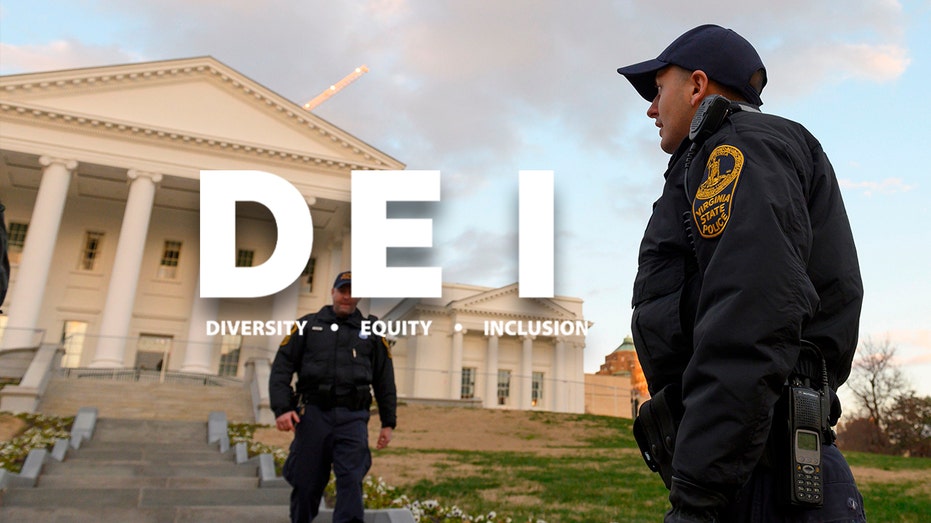The whispers have begun, growing into a roar that sends shivers down the spines of political opponents: a potential third term for Donald Trump. The very notion ignites fury on the left, conjuring images of a future they desperately want to avoid. But is this a serious political strategy, or something far more calculated?
Constitutional barriers and legal precedents loom large, presenting significant obstacles to any attempt at a third presidency. Yet, the discussion itself isn’t solely about navigating those hurdles. It’s about a deliberate strategy to provoke, to dominate the conversation, and to ensure the “America First” movement remains a powerful force as 2028 approaches.
The outrage from the left isn’t a bug in the plan; it’s a feature. Every impassioned condemnation, every frantic warning, only serves to amplify Trump’s message and galvanize his base. The more they resist, the stronger the movement appears to become, fueled by a sense of defiance and a shared identity.

Meanwhile, a different kind of alarm is sounding, one often overlooked in the national discourse. The recent election of Zohran Mamdani in New York City is viewed by some as a harbinger of a broader shift, a subtle but significant change in the American political landscape.
Concerns are rising about increasing influence within American institutions, with reports of calls from within some Muslim communities for greater involvement – even dominance – in areas ranging from local school boards to the highest offices in the land. These calls are raising questions about the future direction of the nation and the potential for a fundamental reshaping of American values.
The convergence of these two narratives – the possibility of a Trump return and the growing influence of certain political factions – paints a complex and unsettling picture of the American future. It’s a future where established norms are challenged, and the very definition of the nation is up for debate.





